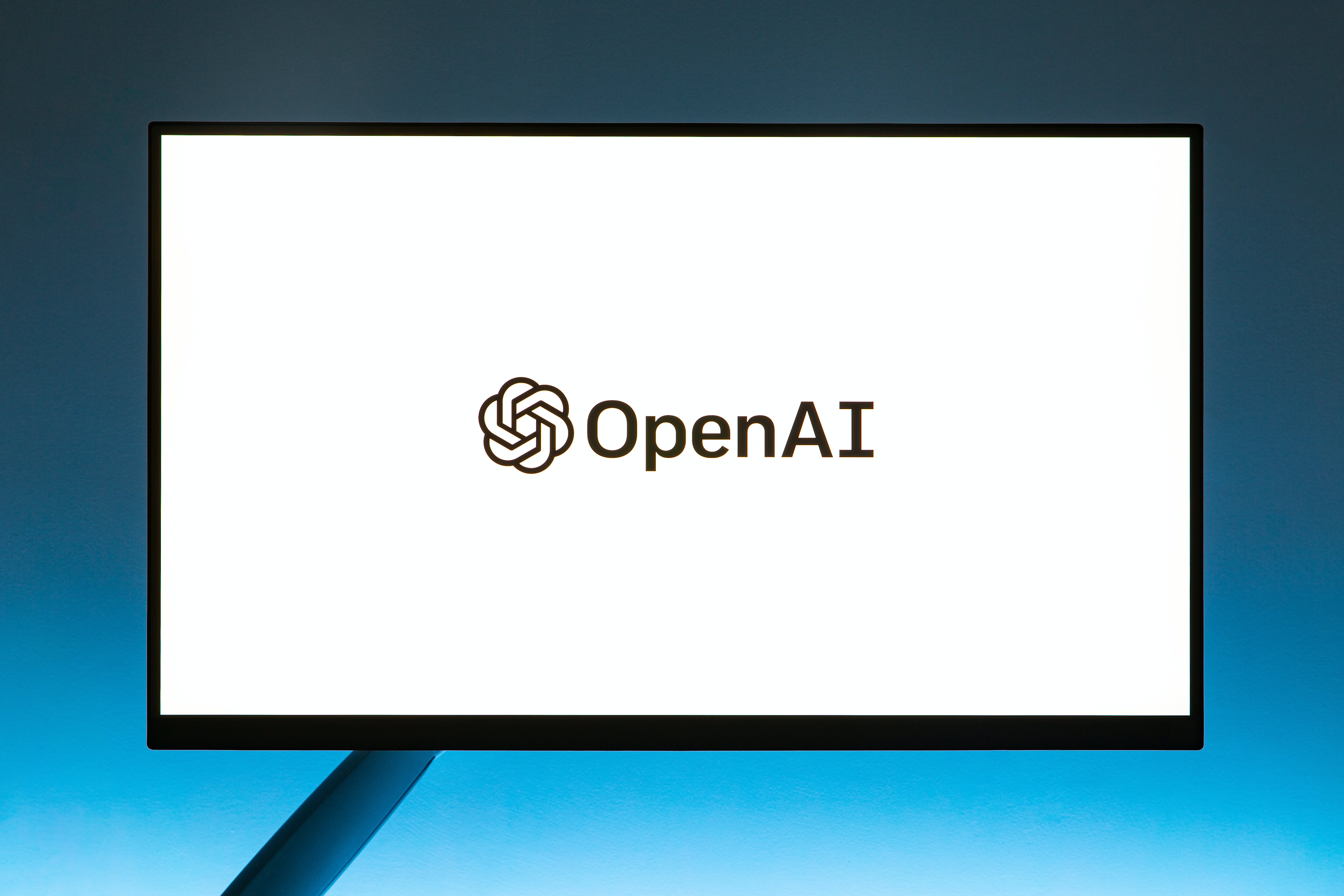On January 4th, OpenAI gave a heads-up to its ChatGPT Plus and Enterprise customers about something big: the launch of their new GPT Store. This unique platform is a real game-changer, as it allows users to not just share but also sell their custom GPTs (Generative Pre-trained Transformers). For those who have access to the GPT Builder, this means they can create, publish, and even make money from their own custom GPT models.
The GPT Store, recently launched by OpenAI, is creating a buzz in the AI community, and for good reason. It’s a groundbreaking platform where you can share or sell custom AI models, known as GPTs (Generative Pre-trained Transformers). This store is a game-changer, especially for prompt engineers and AI enthusiasts in the US, offering an unprecedented opportunity to monetize their AI creations.
Let’s dive a bit deeper into what GPTs are and why they’re so exciting. GPTs are essentially AI models that can understand and generate human-like text based on the input they receive. They’re incredibly versatile and can be customized for a variety of tasks, from writing articles to creating chatbots that can converse on specific topics.
Now, the GPT Store is where the magic happens. It’s like a digital marketplace specifically for these AI models. If you’ve created a GPT that’s really good at, say, coming up with recipes or giving fitness advice, you can put it up in the store. Other users can then browse, download, or purchase your GPT for their own use.
What the GPT Store Means for Marketers
The launch of OpenAI’s GPT Store is a significant milestone, particularly for marketers looking to harness the power of AI in innovative ways. This platform isn’t just about offering a range of AI tools; it’s about opening up a whole new world of possibilities for creating personalized customer experiences and streamlining marketing processes.
For prompt engineers in the US, OpenAI’s new GPT Store is opening doors to some exciting money-making opportunities. This platform is more than just a place to check out AI models; it’s a chance for those skilled in creating AI prompts to turn their talents into profit.
Here’s the deal: the GPT Store lets you share or sell your custom AI models, known as GPTs. So, if you’ve got a knack for making these, you could start seeing some real cash from your creations. It’s a big step for OpenAI, making AI more accessible and giving prompt engineers a platform to showcase their skills and earn from it.
Keep an eye on this space, as it’s shaping up to be a game-changer in the AI world, especially for those in the US looking to make their mark in the field of AI and prompt engineering.
For marketers, the GPT Store offers an unparalleled opportunity to develop AI-driven tools tailored to their specific needs. With the GPT Builder, marketers can create AI assistants using simple, plain language instructions, eliminating the need for deep technical expertise. This means they can now easily build AI models that can write engaging content, analyze market trends, or even interact with customers in a more personalized manner. Imagine an AI tool that not only understands your brand’s voice but can also craft messages that resonate with your target audience, all created with just a few prompts.
Moreover, the GPT Store presents an exciting prospect for marketers to not only use AI but also to monetize their creations. Marketers with a knack for creating effective AI models can now share or sell their GPTs on the store. This opens up a new revenue stream, allowing them to profit from their AI innovations. As the store grows and evolves, it’s anticipated to become a vibrant community where marketers can not only find tools to enhance their strategies but also contribute their own creations, fostering a collaborative ecosystem of AI-driven marketing solutions.
What makes the GPT Store especially exciting is the potential for revenue. OpenAI has announced plans for a revenue-sharing program where creators can earn money based on user engagement with their chatbots. While the specifics are still being ironed out, this opens up a new avenue for AI developers and hobbyists to profit from their skills and creativity.
Creating GPTs has been made accessible to a wider audience, thanks to OpenAI’s GPT Builder. This tool allows even those without deep technical knowledge to develop personalized AI applications. You simply describe the functions you want your GPT to perform in plain language, and the GPT Builder takes care of the technical aspects.
There’s still a big question mark hanging over the revenue-sharing model in OpenAI’s GPT Store. Right now, it’s unclear whether the store will kick off with a profit-sharing plan for creators. If it does, we could be looking at a situation similar to the boom caused by Apple’s App Store, where developers flocked to create apps. This potential scenario in the GPT Store could ignite excitement among users and prompt savvy creators to find ways to earn from their unique AI tools and content.
Another crucial aspect to consider is the approval process for these GPTs. OpenAI is expected to set clear guidelines on what’s allowed in their store and verify the creators selling these GPTs. This step is essential to ensure that customers are investing in high-quality, legitimate bots that align with specific standards, rather than stumbling upon knockoffs.
For those eager to learn more about creating and monetizing GPTs, I’m putting together a comprehensive tutorial that will soon be available on my YouTube channel, Richard Batt’s YouTube Channel. This guide will walk you through the entire process, from developing your GPT to navigating the GPT Store. So, be sure to subscribe and stay tuned for some valuable insights that could help you tap into this exciting new market!
Try these free GPTs now!




